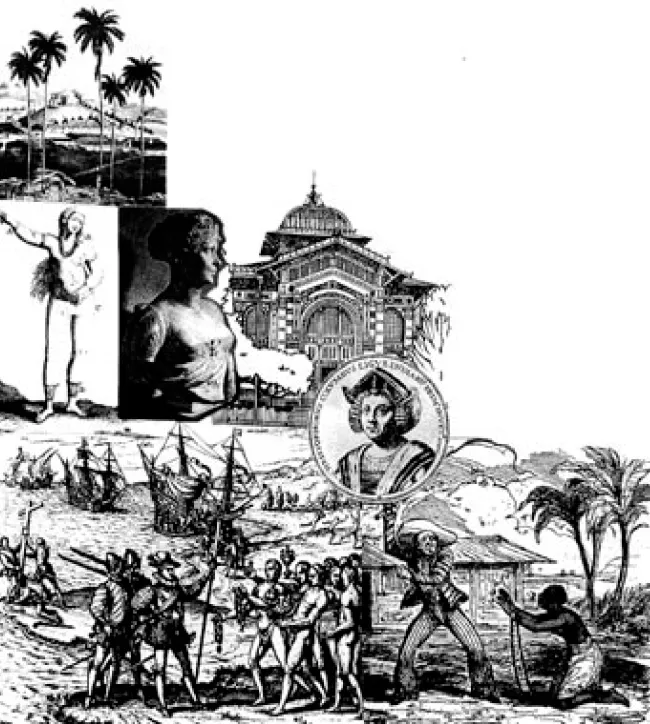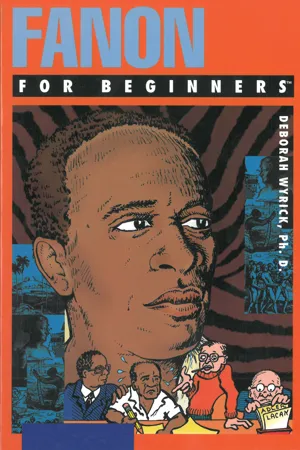
- 192 pages
- English
- ePUB (mobile friendly)
- Available on iOS & Android
eBook - ePub
Fanon For Beginners
About this book
Philosopher, psychoanalyst, politician, propagandist, prophet...although difficult to categorize, Frantz Fanon (1925–1961) is one of the most important thinkers of the 20th century and one of our most powerful writers on race and revolution.
The book opens with a biography, following Fanon from his birthplace of Martinique through combat in World War II and education in France, to his heroic involvement in the fights for Algerian independence and African decolonization. After a brief discussion of Fanon’s political and cultural influences, the main section of the book covers the three principal stages of Fanon’s thought:
The book opens with a biography, following Fanon from his birthplace of Martinique through combat in World War II and education in France, to his heroic involvement in the fights for Algerian independence and African decolonization. After a brief discussion of Fanon’s political and cultural influences, the main section of the book covers the three principal stages of Fanon’s thought:
- the search for black identity, as presented in Black Skin, White Masks, Fanon's stunning diagnosis of racism
- the struggle against colonialism, as explained in "A Dying Colonialism" and "Toward the African Revolution," essays centering on Algeria’s war of independence
- the process of decolonization, as analyzed in The Wretched of the Earth, the book that extended insights gained in Algeria to Africa and the Third World
Fanon For Beginners concludes by examining Fanon’s influence on political practice, such as the Black Power movement in the United States, on literary theory, and on political studies showing how his works and words continue to have a profound impact on contemporary cultural debate.e.
Tools to learn more effectively

Saving Books

Keyword Search

Annotating Text

Listen to it instead
Information
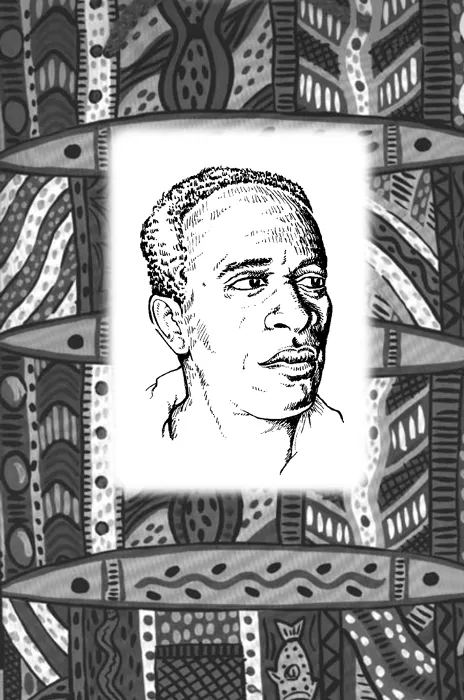
His words and his actions promoted human dignity, honor, and liberation—and unlike many intellectuals, he literally put his life on the line for his beliefs. To people throughout the world, particularly to people of color in both developed and emerging countries, Fanon remains an inspiration, a revolutionary hero, even a martyred saint.
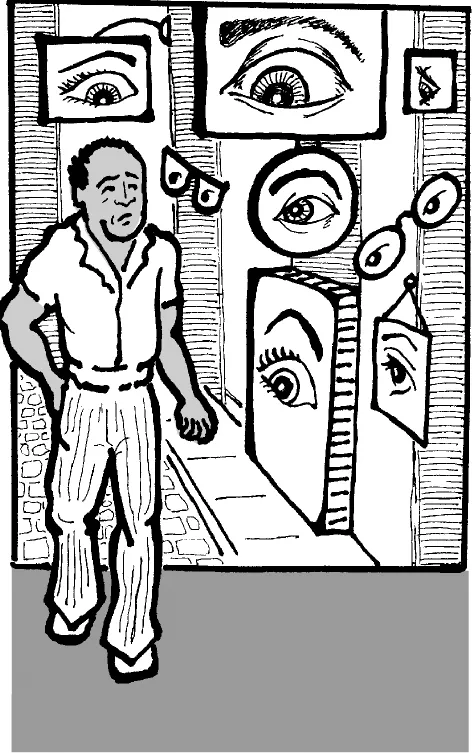
His works continue to be studied because he is one of the 20th century's most powerful social philosophers. Occupying a position both inside and outside of dominant Euro-American culture, Fanon critiques earlier thinkers—such as Hegel, Freud, Marx, and Sartre—who have shaped our modern era. Through his writing, he also challenges us today. He asks us to reexamine our concepts of liberty, selfhood, humanism, equality, and nationalism.
Fanon for Beginners is framed by a biographical section and a chapter discussing Fanon's political and cultural influences. Its main portions follow the principle stages of Fanon's thought:

as presented in Black Skin, White Masks, the stunning diagnosis of racism that Fanon wrote while he was studying medicine and psychoanalysis;

as explained in A Dying Colonialism and Toward the African Revolution, essays Fanon produced when he was actively engaged in Algeria's war of independence;

as analyzed in The Wretched of the Earth, the book that extended insights gained in Algeria to Africa and the Third World.
I hope Fanon for Beginners will give readers with some knowledge of Fanon a useful overview of his life and works as a whole . . . and that it will introduce a new generation of readers to a man who coupled a great mind with a great soul.
IN MARTINIQUE AND FRANCE
The fifth of eight children, Frantz Fanon was born on July 20, 1925, in Fort-de-France, the capital of the French Caribbean colony of Martinique. His father, a customs official, and his mother, a shopkeeper, belonged to the island's relatively prosperous and often racially mixed (sang-méleé) urban middle class. The Fanons promoted French language and culture, discouraging their children from speaking Creole or participating in African-based folk traditions. Young Frantz was trained to adopt the values of the békés (descendants of white slaveholders) and the metropolitan French rather than to identify with the noirs (descendants of African slaves).
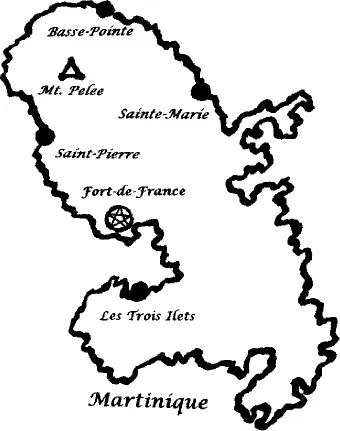

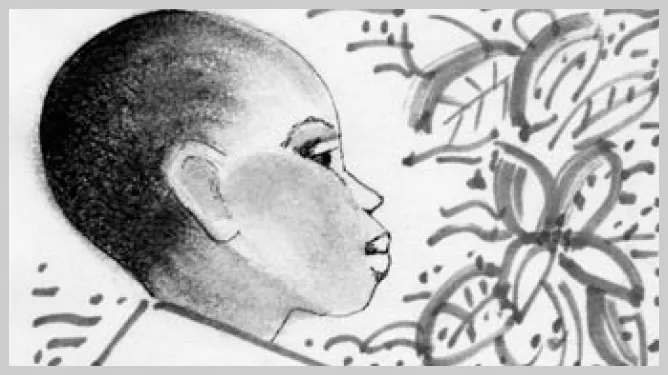
According to his older brother Joby, Frantz was a mischievous, headstrong boy who sneaked into movie theaters without paying and engaged in minor vandalism . . . as well as playing soccer and excelling in school. He was admitted to the prestigious Lycée Schoechler, then the French Antilles' only secondary school, where the great poet Aimé Césaire taught language and literature.
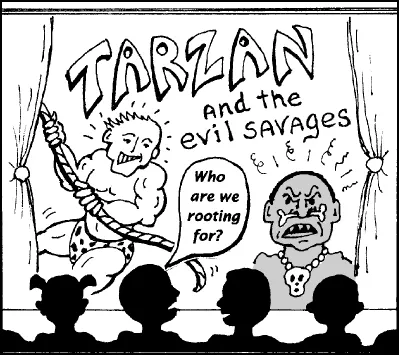
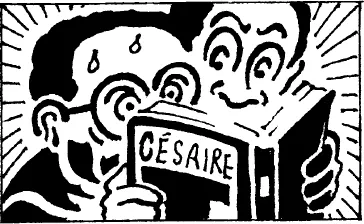
Fanon wrote later about the tremendous impact Césaire's Notebook of a Return to the Native Land, published in 1939, had on his fellow Martinicans:
FOR THE FIRST TIME A LYCÉE TEACHER . . . WAS SEEN TO ANNOUNCE QUITE SIMPLY TO ANTILLEAN SOCIETY ËTHAT IT IS FINE AND GOOD TO BE A NEGRO. TO BE SURE, THIS CREATED A SCANDAL. IT WAS SAID AT THE TIME THAT HE WAS A LITTLE MAD . . . NEITHER THE MULATTOES NOR THE NEGROES UNDERSTOOD THIS DELIRIUM. (AR 21-22)
Although Fanon later disagreed with many assumptions...
Table of contents
- Cover Page
- Title Page
- Copyright
- Dedication
- Contents
- 1: WHO IS FRANTZ FANON?
- 2: BLACK SKIN, WHITE MASKS
- 3: A DYING COLONIALISM
- 4: THE WRETCHED OF THE EARTH
- 5: FANON'S INFLUENCE
- BIBLIOGRAPHY
- GLOSSARY
- INDEX
Frequently asked questions
Yes, you can cancel anytime from the Subscription tab in your account settings on the Perlego website. Your subscription will stay active until the end of your current billing period. Learn how to cancel your subscription
No, books cannot be downloaded as external files, such as PDFs, for use outside of Perlego. However, you can download books within the Perlego app for offline reading on mobile or tablet. Learn how to download books offline
Perlego offers two plans: Essential and Complete
- Essential is ideal for learners and professionals who enjoy exploring a wide range of subjects. Access the Essential Library with 800,000+ trusted titles and best-sellers across business, personal growth, and the humanities. Includes unlimited reading time and Standard Read Aloud voice.
- Complete: Perfect for advanced learners and researchers needing full, unrestricted access. Unlock 1.4M+ books across hundreds of subjects, including academic and specialized titles. The Complete Plan also includes advanced features like Premium Read Aloud and Research Assistant.
We are an online textbook subscription service, where you can get access to an entire online library for less than the price of a single book per month. With over 1 million books across 990+ topics, we’ve got you covered! Learn about our mission
Look out for the read-aloud symbol on your next book to see if you can listen to it. The read-aloud tool reads text aloud for you, highlighting the text as it is being read. You can pause it, speed it up and slow it down. Learn more about Read Aloud
Yes! You can use the Perlego app on both iOS and Android devices to read anytime, anywhere — even offline. Perfect for commutes or when you’re on the go.
Please note we cannot support devices running on iOS 13 and Android 7 or earlier. Learn more about using the app
Please note we cannot support devices running on iOS 13 and Android 7 or earlier. Learn more about using the app
Yes, you can access Fanon For Beginners by Deborah Baker Wyrick in PDF and/or ePUB format, as well as other popular books in Social Sciences & Political Biographies. We have over one million books available in our catalogue for you to explore.
